- 22 Posts
- 5 Comments

 1·10 months ago
1·10 months agoFrom The Telegraph’s John Percy:
It is 11.30am on a blustery morning at West Bromwich Albion’s training ground and Carlos Corberán is marching down the pitch with a ball under one arm and whistle in his hand.“Excellent,” he purrs, nodding in approval as his players execute an intense pressing drill, and it soon becomes clear that Corberán is a head coach who is extremely hands-on.
The training pitch is where he springs into life and Telegraph Sport has been given exclusive access to observe the highly regarded Spaniard in full flow, before a packed schedule of matches.
A self-confessed disciple of Marcelo Bielsa, after working under the Argentine at Leeds, Corberán is a fascinating character and football obsessive who has transformed the culture across the club.
He is also emerging as a leader in a time of uncertainty; an emblem of hope for a fanbase that has become disillusioned and frustrated with the club’s direction.
West Brom are still under the control of unpopular owner Guochuan Lai and remain in talks with a number of parties over a potential sale, with a Nigerian and American group thought to be the two front-runners.
The valuation is understood to be around £30 million, plus the various debts and money owed in loans. Sources have confirmed negotiations are “moving”.
‘Being a coach is a dream’
Corberán faces uncertainty if a takeover is not completed soon, with pressure to raise money through player sales in the January transfer window.
Try telling that to him, though. The 40-year-old is refusing to allow any outside noise to damage the team spirit he has created. Whatever is happening behind the scenes, ‘King Carlos’ will be in every day until 8pm, plotting a path back to the Premier League.
“Being a coach is a dream, and I cannot be more proud than I am to represent this massive club,” he says. “Before I worked here, it was one of the clubs that caught my attention, but now being here I realise how important it is.
“You live with a lot of responsibility because you know how much you’re impacting the club and the fans. I want to put this club at the highest point and give my best for them.”
This is a rare opportunity to witness the meticulous preparations and extreme detail of Corberán, who has guided West Brom up to third in the Championship.
He celebrated a year in charge in October, marking the occasion by presenting every member of staff with a bottle of Estrella beer (last Christmas it was a bottle of red wine from Valencia).
We were invited to attend last Thursday, ahead of the game against high-flying Ipswich, and Corberán has called a 10.30am team meeting before the players start training. Meetings are the norm here, with another after training. The day before matches, every player is seen individually for 15 minutes each.
Corberán’s meetings and training sessions are absolutely crucial in outlining his philosophy to the squad.
His training method is based around periodisation – a strategy in four phases of attack, defence and the transitions in between – with the emphasis on shorter, sharper sessions and the workload usually decreasing nearer to match day.
Tuesdays and Wednesdays are more detailed, longer sessions broken down into analytical training with defending and attacking drills, plus small-sided games.
Corberán prefers to operate with a squad of 20 and, in the session we observe, all outfield positions have two players effectively shadowing each other.
Thursday’s session focused in more detail on how to exploit Ipswich’s perceived weaknesses. Corberán prefers to operate with a 4-2-3-1 formation but, in this game, set up with a 4-4-2 deep shape. The plan was to target, press and isolate Ipswich’s right-back Brandon Williams, as left-back Leif Davis is often higher up the pitch with one winger wide. Pressing when out of possession was vital.
It clearly worked, with West Brom winning 2-0 and sentencing their opponents to a first league defeat since August 26.
“Football is growing and the coaches have a big understanding of the game. It’s getting more difficult to prepare but it’s all about finding solutions,” says Corberán.
“It’s important that when players go out on the pitch they don’t feel they need to give the right answer every time.
“Training can help us to create habits and positive behaviours, that is why our level of concentration is so high. Everyone needs to know everything that is going to be demanded in the game.”
Every player knows his job
Corberán’s squad is a mix of experience and emerging talent, which includes captain Jed Wallace, highly rated striker Brandon Thomas-Asante, goalkeeper Alex Palmer and playmaker John Swift.
There are high hopes for Caleb Taylor, the 20-year-old son of former Birmingham defender Martin and the latest academy graduate.
“Aggression” and “intensity” are two words Corberán regularly uses as he delivers instructions. Every player knows his job and if the team loses at the weekend, it will not be down to a lack of preparation.
Along with his coaches, another key member of Corberán’s backroom staff is Tony Strudwick, Albion’s director of medical and a former head of performance with England and Manchester United.
Strudwick works closely with Corberán in developing the weekly schedule, with every player’s fitness levels and statistics captured by GPS trackers. Players are weighed every day, and were asked to send through personal reports while away during the recent international break.
The mission is always to out-run the opposition and West Brom have one of the fittest squads in a highly competitive league. The team’s average distance per match is 112km (including the goalkeeper and centre-halves, who do less running).
Fitness and athleticism is fundamental to Corberán’s explosive, high-energy game.
Corberán idolising Benítez
The manager’s influence also stretches to the training ground canteen: bread, tomato ketchup and a number of other processed carbohydrates have been removed.
As you walk towards the players’ dressing room, there is a slogan on the wall that perfectly captures his approach.
“If people are doubting how far you can go, go so far that you can’t hear them any more,” it reads.
A former goalkeeper, Corberán has been waiting for these moments ever since idolising Rafael Benítez during his tenure with Liverpool.
Corberán established his reputation in this country working with Leeds’ under-23s and then the first team. He still speaks regularly to Bielsa and describes the relationship as “a privilege”.
In his first job as a No 1, he guided Huddersfield Town to the Championship play-off final, which they lost to Nottingham Forest. Yet it is at West Brom where he feels most at home, and his impact has been significant.
After missing out on the play-offs on the final day of last season, hopes are high that this time he can go further.
On Saturday his team face another test with the visit of league leaders Leicester to the Hawthorns. As usual, ‘King Carlos’ will leave no stone unturned.
Read on site (without a paywall): https://www.telegraph.co.uk/football/2023/11/29/west-brom-carlos-corberan-efl-championship/

 1·10 months ago
1·10 months agoChief football writer Sam Wallace writes in The Telegraph:
Florentino Perez, the grand old man of Real Madrid, did not leave much unsaid as he laid out his world view at the club’s AGM, which – as can be the case with men of a certain vintage – turned into a list of the people and the things he does not like.
Uefa, Javier Tebas, La Liga’s private equity deal with CVC, referees, Var, the new Champions League format, Tebas again. All of them subject to the ire of the 76-year-old who has ruled over European football’s most successful club for 20 of the past 23 years but in recent times has been unable to resist the great changes to the financial landscape. The European Super League was Perez’s last card and he played it badly. Yet he still holds it, dog-eared and worn, hoping that it will one day prove part of a winning hand.
So opposed to Uefa is Perez that he compared the “unprecedented institutional crisis” of European football as he sees it to the commercial obsolescence of Kodak. “The Super League,” he said on Saturday, “is needed more now than ever”.
He believes on December 21 the European Court of Justice will rule in favour of Uefa having to open up its competitions and license the Super League, although not everyone shares that view. This month the club once again claimed to be in profit, but its balance sheet is propped up by huge sales of future revenue – the infamous financial levers, or “palancas” as they are known in Spain.
Another Perez attack on the status quo from the club that once was the establishment. What is going on here? Perez knows some difficult decisions are coming. Not least what happens next summer, when at last it appears at least that the great prize sought by Real for so long – Kylian Mbappe, arguably the world’s best footballer – is due to be out of contract. This is the moment Real have been waiting for and yet nothing looks simple.
There was a plain weird official club statement last Saturday in which Real denied having begun backdoor negotiations with the Mbappe camp. Given that it came apropos of the kind of flaky reports that appear regularly in the Spanish media, it could easily have been ignored.
Then this week, the Cadena Ser radio station, not known for rocking the boat, solemnly reported that Mbappe might not be coming to Real after all. His salary demands, the report, concluded, would be just too great. Meanwhile, in an interview, the Paris Saint-Germain president Nasser Al-Khelaifi, himself recovering from surgery, was upbeat about Mbappe and his PSG “legacy”.
Mbappe may yet leave, perhaps even for Real. He may renew with PSG. A decision is likely in the spring. The consensus seems to be that Mbappe will go where he believes he has the best chance of winning the Champions League. He would like to be part of the first team to do so at PSG but if that seems unlikely, he will leave and it may not necessarily be for Real.
With free agency wage demands likely to be around €70 million per year there are not many who could afford Mbappe, even in the Premier League. As for Real, that question is even more pertinent.
The club are not the biggest payers in European football as they were when, at the turn of the century, in Perez’s first period as president, they broke the transfer market. Jude Bellingham’s first contract did not make him the club’s best-paid player, although his second surely will. Mbappe’s wage demands would place extraordinary pressure on Real, and force upwards what Bellingham would be entitled to demand. All in a period when their finances are already at breaking point.
The AGM voted to authorise another €370 million loan, and as the debt soars, Perez is now, it seems, suggesting an enormous shift in the club’s 121-year-old member-owned constitution. Few details but he mentioned a corporate restructure which would likely see Real privatise itself by stealth, selling off parts of its it operation as subsidiaries in the same way that Barcelona has done.
It was indicative that one of the first questions from the floor at the AGM, from a YouTuber, was about the €70 million of player sales budgeted into the club’s financial projections for next year. That caveat, leaked ahead of Saturday’s meeting, has been a source of concern for the legion of online Real fans who have done their best to ignore the financial realities of the club.
That was one of a number of signs that point towards the strain on the finances. In the summer of last year, Real sold 30 per cent of revenue over 20 years from their remodelled Bernabeu stadium €360 million (£306 million) to the US investor Sixth Street. Previous agreements which began in the financial year 2017-2018 for the sale of future revenue had been in place with another US investor, Providence. The club books these profits as revenue but Uefa sees them as debt.
The Telegraph revealed in July that €122 million (£103 million), 20 per cent of Real’s costs, are unaccounted for in last year’s financial results. The club has always refused to clarify what this expense, a sub-category of “other operating expenses” is used to cover, or specifically whether it is the repayment on the sale of future revenue streams.
The debt for the stadium remodelling project is an extra cost and has climbed to a separate €1.2 billion, only €800 million of which is covered in the original financing bond. In May, Real lost an arbitration tribunal in Paris with the Abu Dhabi energy giant Mubadala over a €400 million stadium naming agreement from 2014 that the club sought to enforce. The sum is almost equal to the new €370 million borrowings the members are being asked to approve.
For many the size of the debt is too great to contemplate. The numbers mean little, but the effect they might have on a club’s transfer summer, especially when it comes to Mbappe – that is one thing they all notice.
Link to the article: https://www.telegraph.co.uk/football/2023/11/12/real-madrid-finances-florentino-perez-kylian-mbappe/

 1·11 months ago
1·11 months agoFrom Paddy Crerand, writing for The Telegraph:
You know something about Bobby Charlton that people didn’t realise? He was the shyest man that God ever created. If anybody gave him praise, he blushed.
He was a lovely fella, Bobby, there’s no question about that but he was totally different from his brother, Jack. Jack was much more outgoing than Bobby. You cannot believe that, somebody who did the things that he did, when people would speak to him about it, he would go red-faced. He was so shy, it was ridiculous.
But what a player.
We always used to talk at Old Trafford: what was his natural foot? His right one or his left one? And nobody bloody had a clue what his natural foot was. That was how good he was with both feet. You never knew which one was the fricking natural one.
Of course, the Munich air disaster had a lasting impact on him. You’re a young kid at a club and you go there when you’re 14, 15, and you’re playing with players that you’ve come through the ranks with, and, all of a sudden, they’re dead. I remember that and I suppose everybody does in my age group. But, funnily enough, he never mentioned it. I played at United when Harry Gregg was playing and Harry never mentioned it either. You mentioned Munich and both of them went quiet. Never said a word.
I remember when we won the European Cup, Matt Busby and Jimmy Murphy having a go at us because it was one each and we should’ve won the game. We were all at one another’s throats more or less. All that sort of stuff that you do when you’re playing. People don’t think that but you argue with each other and you have a go at each other to lift your game and that sort of thing. That’s what all the arguments and moaning are all about. And, 15 minutes later, we were bloody winning 4-1! He was great, Bobby, in actual fact.
Read more ⤵️

 1·11 months ago
1·11 months agoFrom The Telegraph’s Business Editor, Ben Marlow:
Big business swamped Liverpool’s Arena and Convention Centre, turning the Labour party conference into a mini-Davos. Google, Mastercard, Ikea and Barclays paid for exhibition stands next to the main conference hall. Deliveroo and Goldman Sachs held fringe events. The parliamentary lounge sponsor was Lloyds bank.
A special business forum with Keir Starmer, shadow chancellor Rachel Reeves and shadow business secretary Jonathan Reynolds was sold out a month beforehand – 200 bigwigs snapped up tickets at a cost of £2,520 a piece. Hundreds more put their names on a waiting list in the hope that someone would drop out.
Amid the jostling, one exhibitor in particular stood out, and not just because of the green and yellow hydrogen-powered 4x4 that was parked in front of its stand. Billionaire industrialist Sir Jim Ratcliffe had dispatched a top team from his chemicals empire Ineos to the jamboree.
As the second-richest man in Britain, one of the country’s most prominent Brexiteers, biggest carbon emitters and a two-time tax exile, it is hard to think of a more unlikely Labour backer. But Ratcliffe’s delegation had serious work to do.
“It was a big team of people and they were coming and going all the time,” one delegate said.
After 10 years of cheap money and mostly friendly government, Britain’s foremost industrialist is facing spiralling interest rates and the prospect of Ed Miliband in charge of energy policy.
Having spent months battling Qatar to invest in his beloved Manchester United, rocketing costs have left Ineos facing its most serious financial squeeze since the credit crunch. Then, debts from a decade of dizzying deal-making came within a whisker of overwhelming it.
As Ratcliffe turns 71 years-old, questions over how Ineos navigates this next chapter are unavoidable for a billionaire increasingly stepping into the limelight. Will the swashbuckling dealmaker again lead it into calmer waters and a new era of growth? Or is his swelling collection of trophy assets the sign of a man preparing to hand over day-to-day running of Britain’s biggest private company?Either way, the tycoon and the sprawling petrochemicals conglomerate that he has spent 25 years assembling are at a crossroads.
Boy’s toys
Ratcliffe has assembled an impressive collection of boy’s toys even for someone with a fortune estimated at nearly £30bn by the Sunday Times Rich List.
He has a private jet and a £130m mega-yacht complete with an underwater viewing window in its wine cellar. Ratcliffe splits his time between homes in Monaco – where he has controversially chosen to become a tax exile for the second time – Majorca, Chelsea, and Lake Geneva in Switzerland. He is radically redeveloping his beachside property in Hampshire, too, to the irritation of some neighbours.
Ratcliffe also owns the struggling fashion label Belstaff, and has started a car company from scratch. It was the Ineos Grenadier – a 4X4 that aims to replace the discontinued Land Rover Defender – on show at the Labour Party conference.
His attention has increasingly been divided by sport, too. In 2017, he bought Swiss side FC Lausanne-Sport and despite admitting to some “silly errors” – they were relegated into the second tier last year – he went on to pay £88m for French top-flight side OGC Nice in 2019.
Read more ⤵️
https://www.telegraph.co.uk/business/2023/10/21/manchester-united-sale-jim-ratcliffe-ineos-bid/
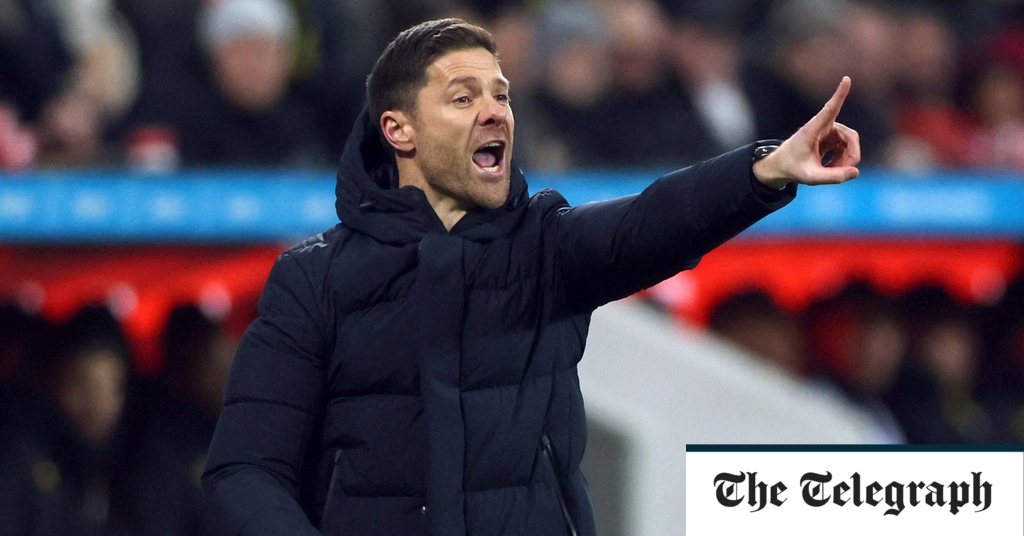

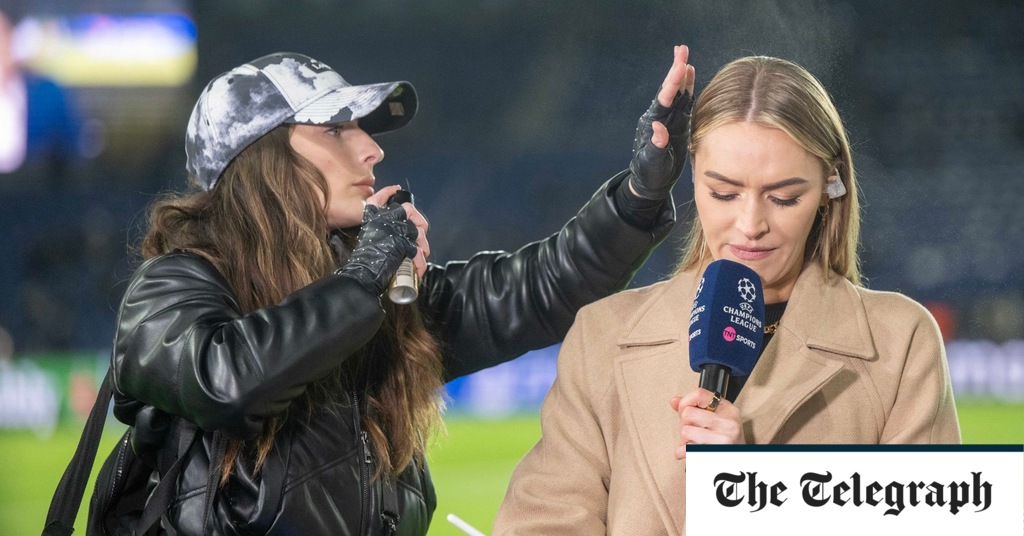

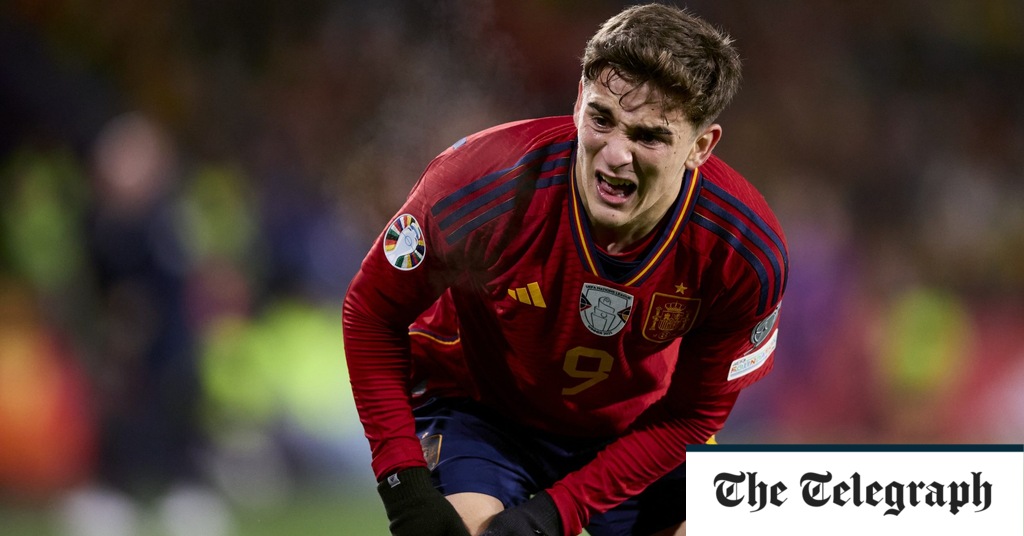


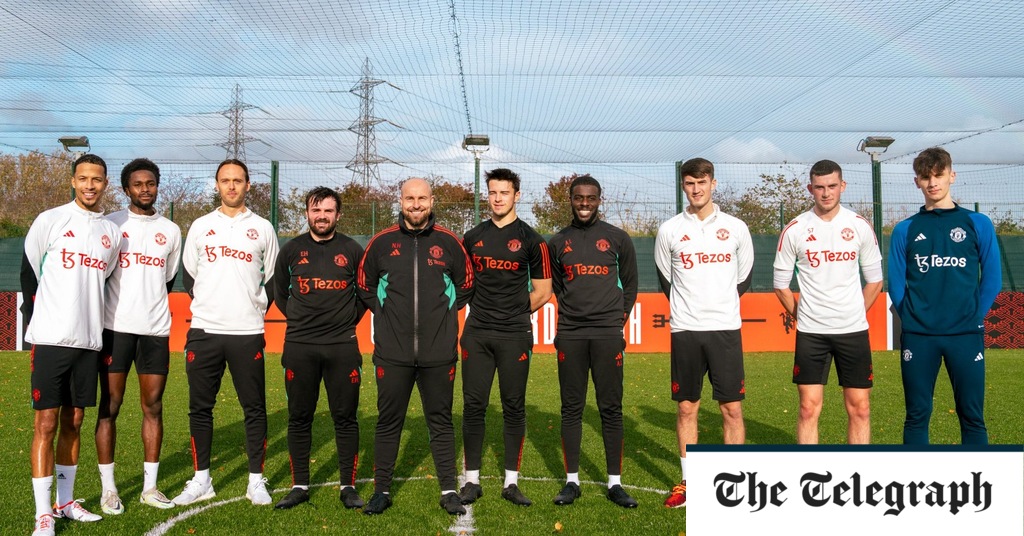
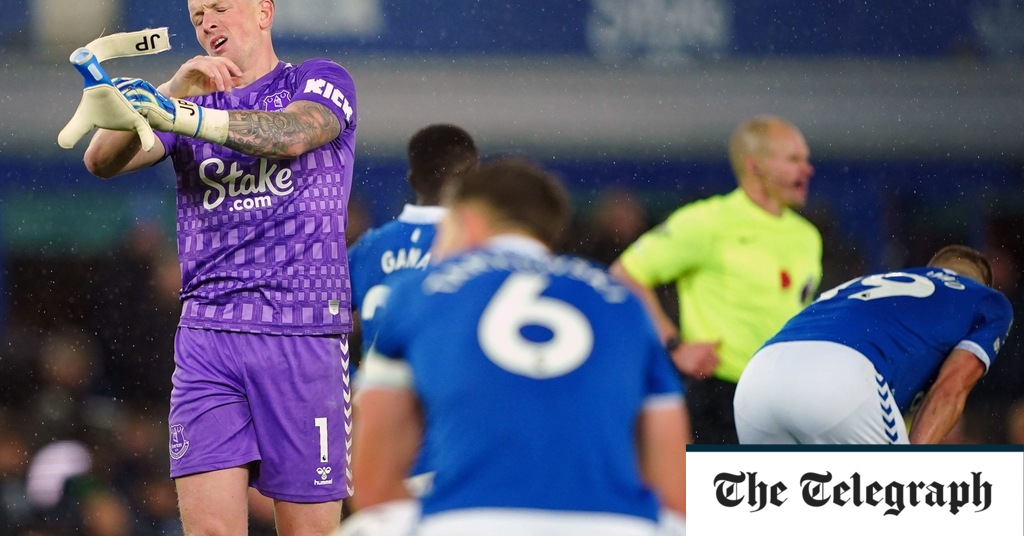
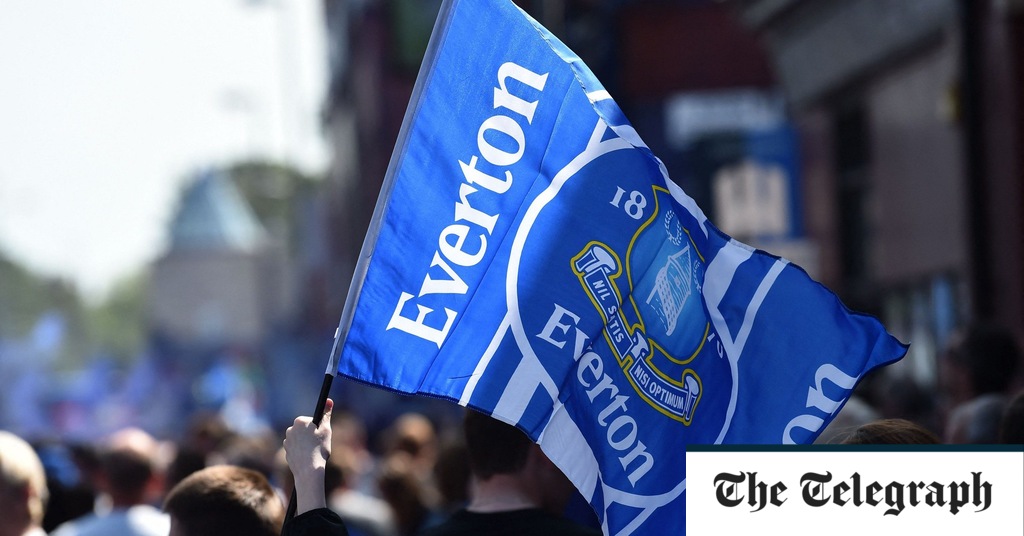
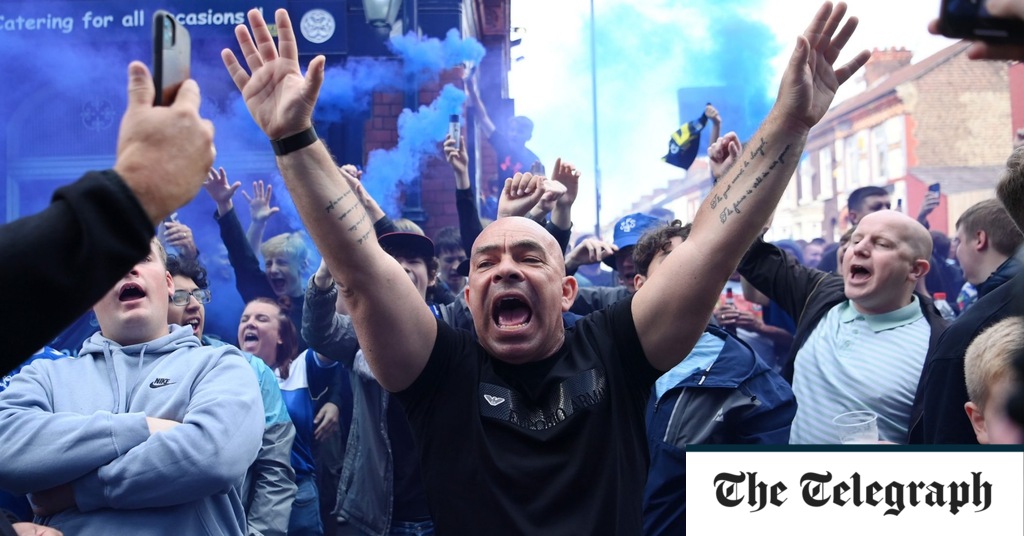
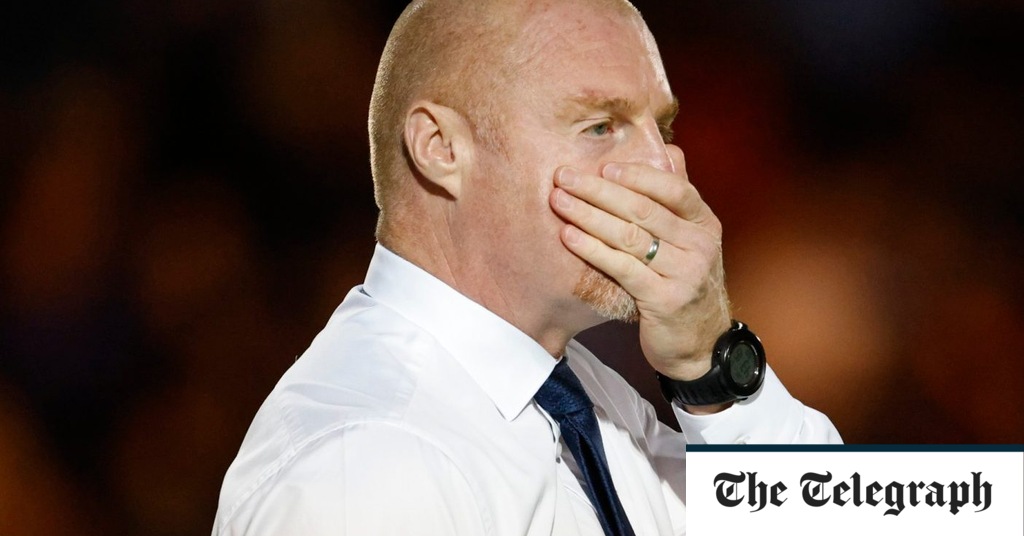
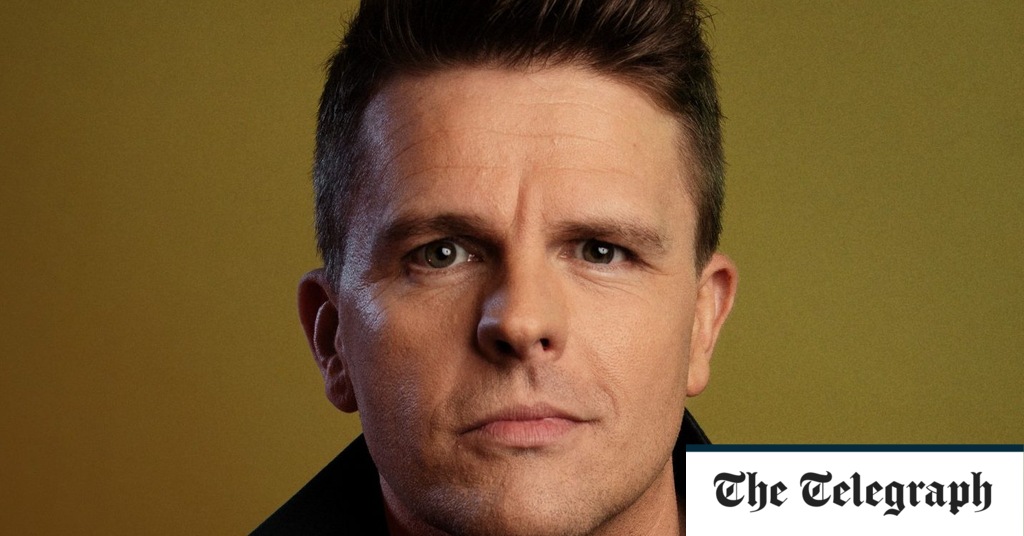
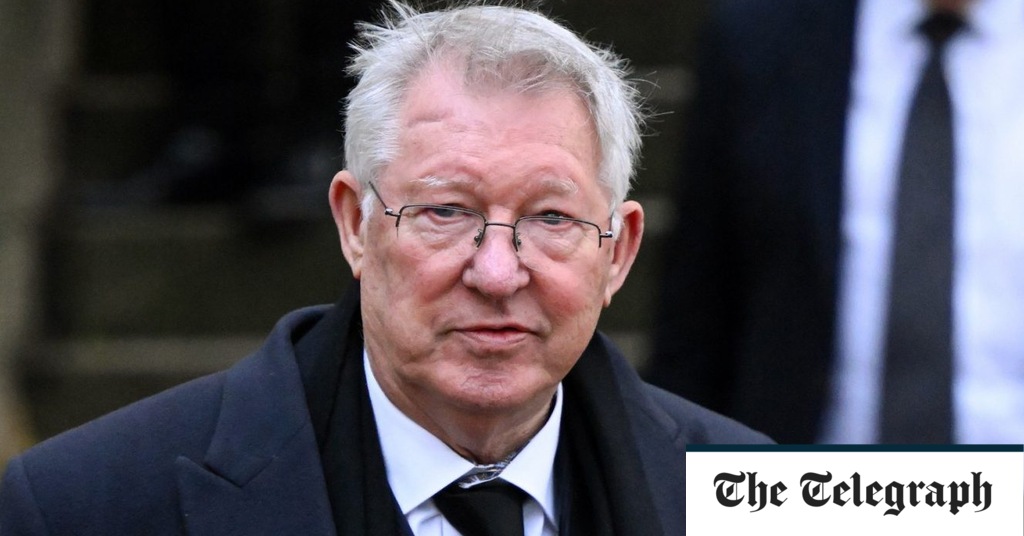


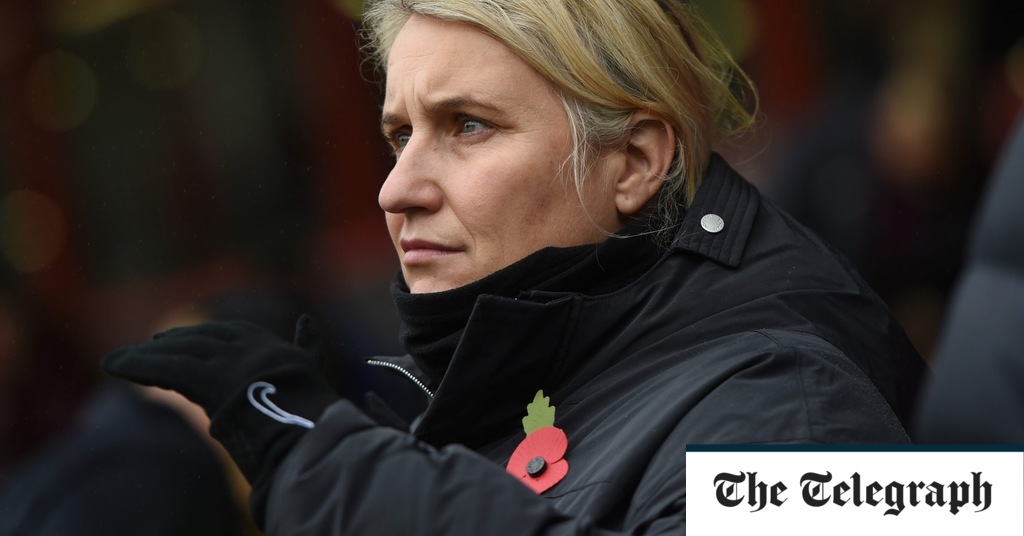



Jeremy Wilson, chief sports reporter at The Telegraph, reports:
Just how many Ally McCoists are there? It was one of many unanswered questions hanging in the Paris air on Tuesday night after the Scot had woken at 5.45am ahead of his radio show before commentating for TNT Sports at Newcastle United’s dramatic 1-1 draw with PSG. And yet the real drama would not begin until he was fully 16 hours into his day.
Rio Ferdinand had been taken ill during the second half shortly before PSG’s deeply controversial equaliser and so there was only one answer when an emergency pitchside substitute was required. Cue the ever versatile McCoist who, from the gantry up in the gods of the Parc des Princes, bolted from his place next to co-commentator Darren Fletcher before displaying a touchline urgency rarely seen since he was regularly scoring 30 goals a season at Glasgow Rangers.
The rosy cheeks that suddenly appeared on the screen, raging at the injustice of Kylian Mbappe’s crucial goal, was a consequence not just of the unexpected exertion but how even the most infectiously enthusiastic man in football is reaching the end of his tether with Var.
“It will just annoy me, but go on,” said McCoist, when asked if he wanted to see a replay of the penalty decision before a second watch confirmed his first instincts.
“That’s a shambles,” he declared. “An horrendous decision. Honestly, that’s not on. If that’s a penalty, we may as well give the game up. It’s bordering on robbery.”
As Newcastle manager Eddie Howe bit his tongue but looked on admiringly, it was a monologue that would soon have McCoist trending on social media and swathes of the North East added to an already bulging list of fans. His phone was also lighting up with dozens of supportive messages.
“I’m fuming – and I’ve not got a dog in the fight,” McCoist would later say, still shaking his head before finally leaving the stadium shortly after midnight and then waking up five hours later to vent some more on the radio.
It had been a frantic finale for the entire 40-strong TNT team in France.
Presenter Laura Woods, the broadcaster’s star summer signing, was herself literally putting a pen through the words she had just formulated ahead of a post-match analysis that would pivot from deconstructing a famous victory to a potentially season-changing Var intervention.
Producer Thom Hambleton was also ripping up the script and relaying thoughts to Woods’s ear-piece from inside a screen-filled truck outside the stadium.
Joel Miller, the resident stats guru (described by Fletcher as “the only person in the history of BT or TNT Sports to have never made a mistake”), was another in full flow, having earlier arrived with a full hand-crafted A4 grid of the nine different possible group permutations.
Link: https://www.telegraph.co.uk/football/2023/11/30/tnt-sports-laura-woods-champions-league-behind-the-scenes/